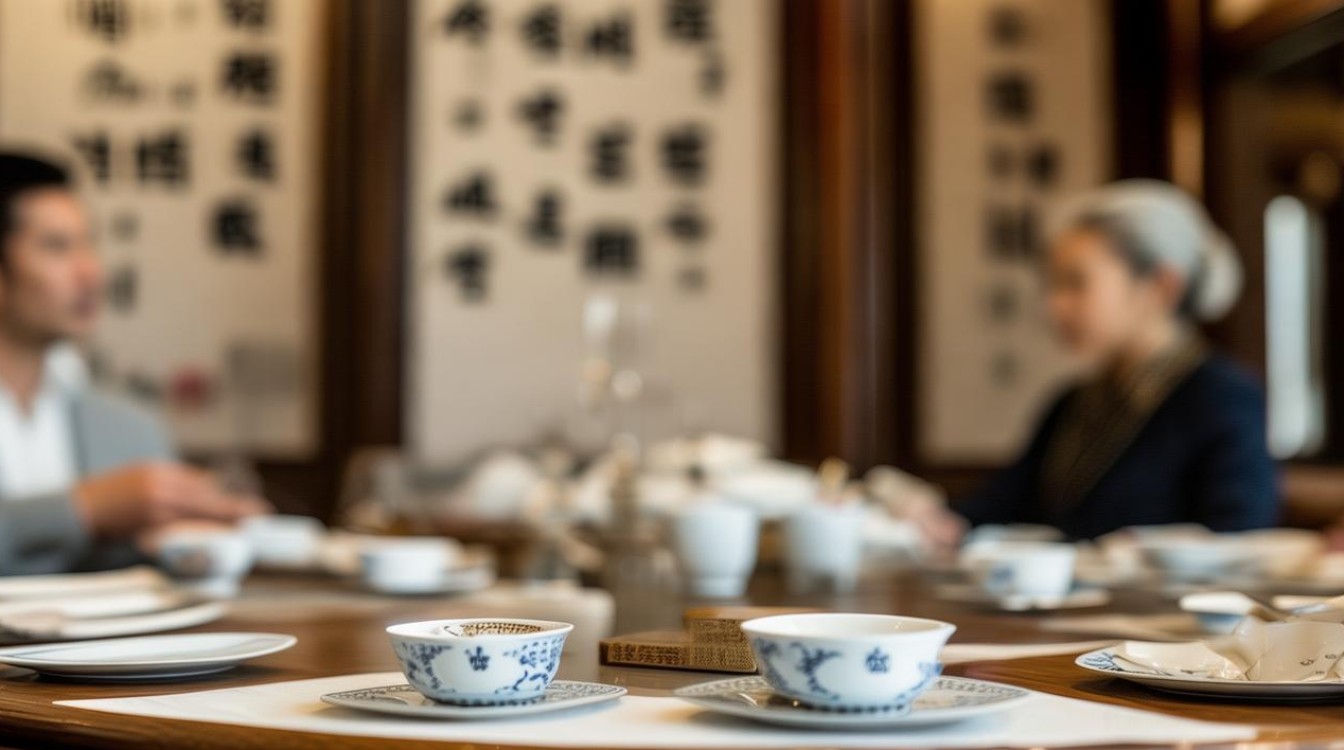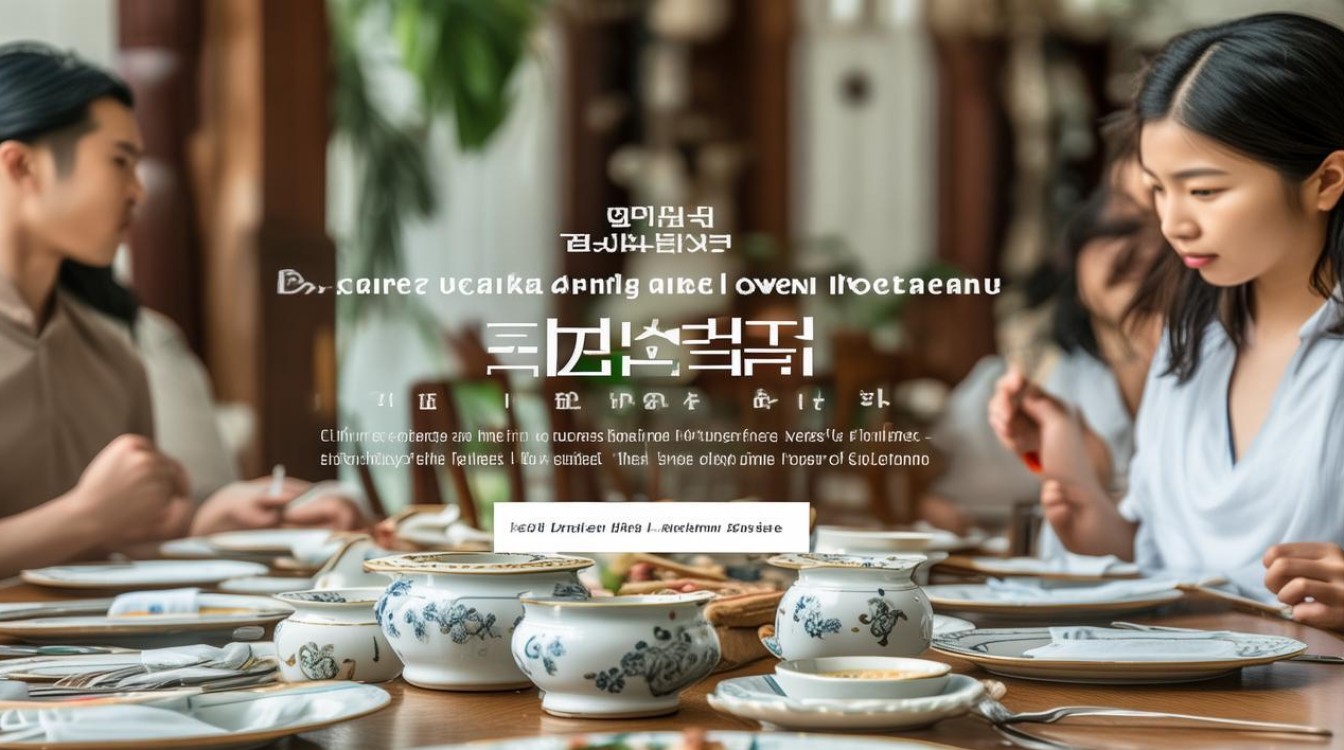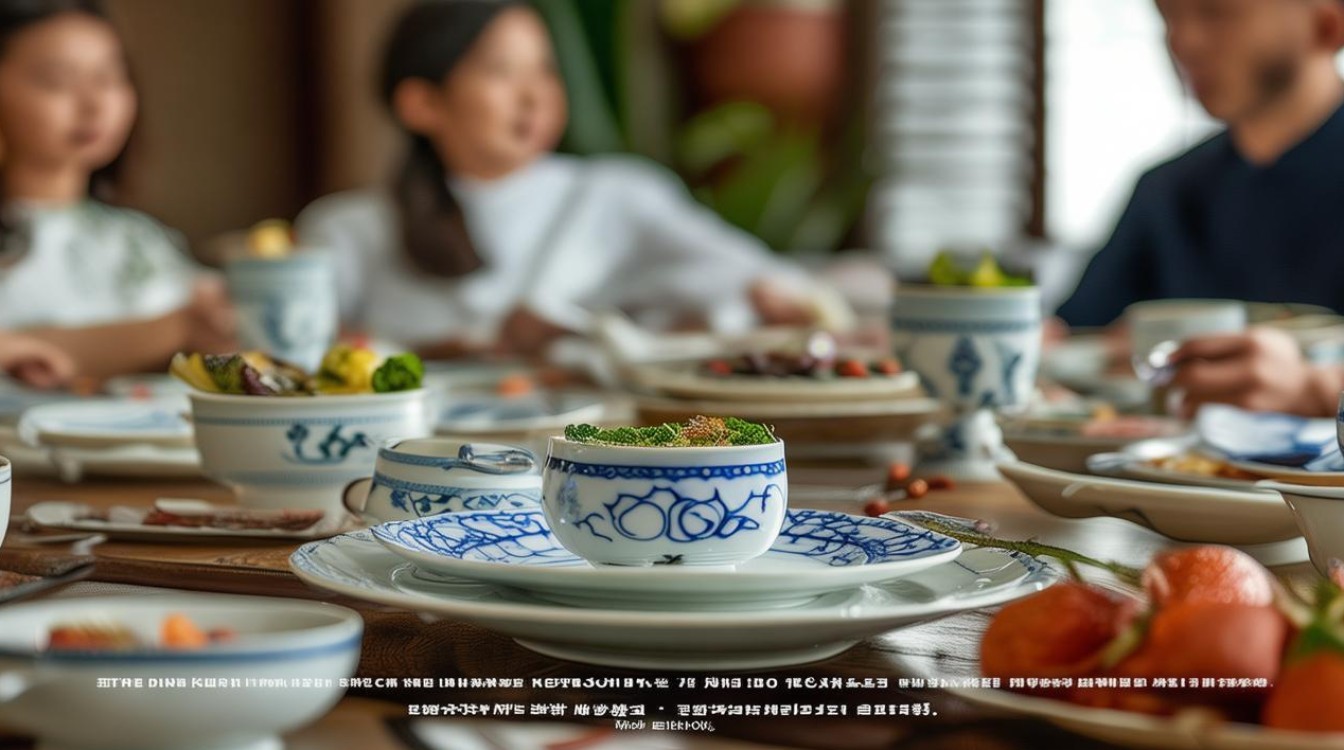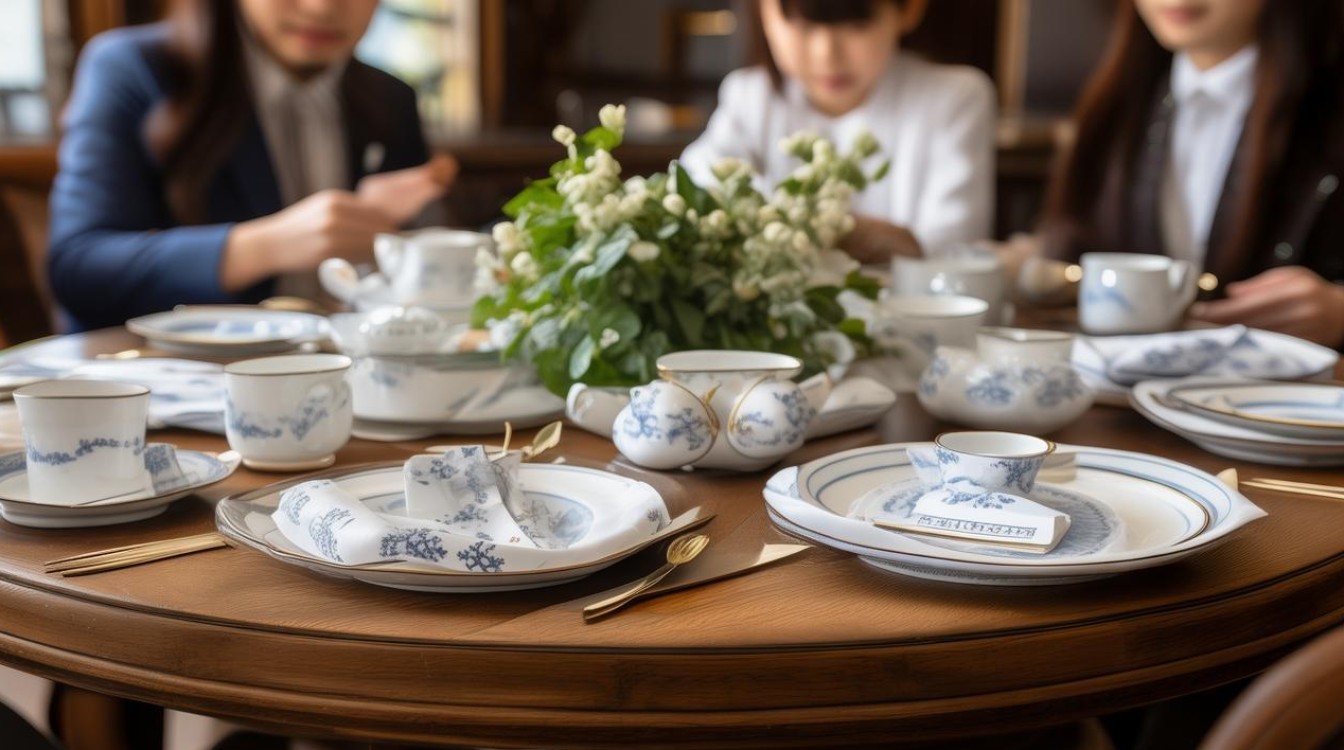Dining in Korea is more than just eating—it’s a cultural experience. Korean table manners reflect respect, tradition, and social harmony. Whether you’re visiting Korea or dining with Korean friends, understanding these customs ensures a pleasant experience.

Seating Arrangements and Respect
In Korean culture, seating follows hierarchy. Elders or the most respected person sits at the head of the table. Wait until they begin eating before you start. If invited to a meal, allow the host to guide you to your seat. Standing until the eldest person sits is a sign of respect.
Using Chopsticks and Spoons Correctly
Koreans use metal chopsticks and a long-handled spoon. Unlike other Asian cultures, chopsticks remain on the table when not in use—never stick them upright in a bowl of rice, as this resembles funeral rites. Hold the spoon in your right hand for eating rice and soup; chopsticks are for side dishes. Avoid crossing utensils or pointing them at others.

Sharing Dishes and Serving Others
Korean meals consist of shared side dishes (banchan). Never take the last piece without offering it to others first. If someone serves you food or drink, receive it with both hands or at least support your right wrist with your left hand as a polite gesture. When pouring drinks for elders, hold the bottle with two hands and turn your head slightly away as a sign of humility.
Eating Etiquette
- Slurping is acceptable for noodles but avoid loud chewing.
- Bowls stay on the table—unlike in Japan, lifting rice bowls is uncommon.
- Finish your rice to show appreciation, but leaving a little soup is fine.
- Don’t blow your nose at the table; excuse yourself if necessary.
Drinking Customs
Alcohol plays a big role in Korean dining. When receiving a drink, turn your head away while sipping the first sip as a sign of respect. Never pour your own drink—wait for someone else to do it, and reciprocate. Refilling someone’s glass before it’s empty is considered polite.

Paying the Bill
The person who extends the invitation usually pays. Offering to split the bill may be seen as impolite. If you wish to pay, insist politely—sometimes a light argument over the bill is part of the ritual.
Korean dining etiquette emphasizes respect and communal harmony. By following these customs, you show appreciation for Korean culture and build stronger connections. Observing these traditions makes meals more enjoyable and meaningful.



